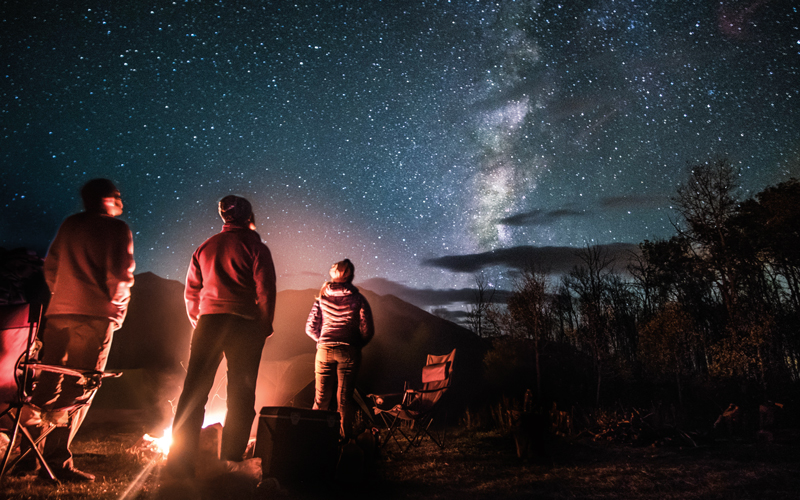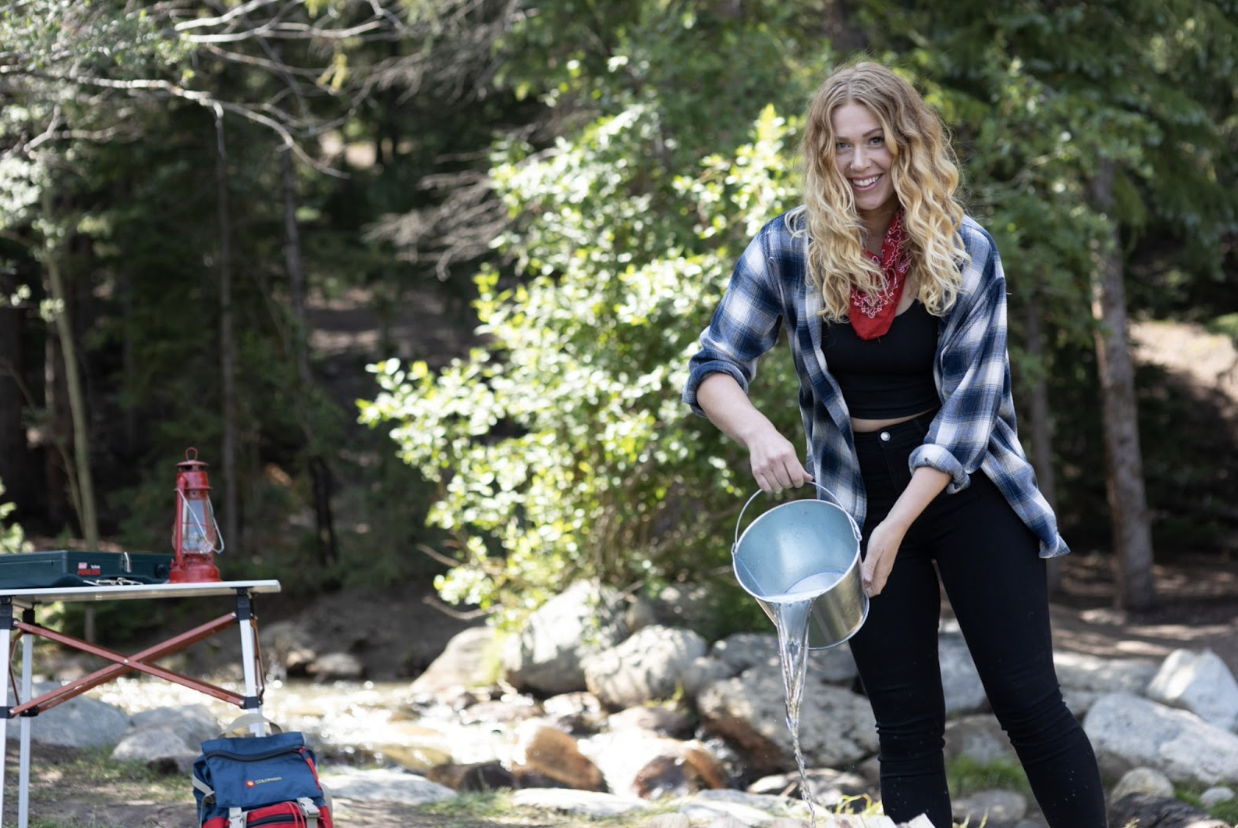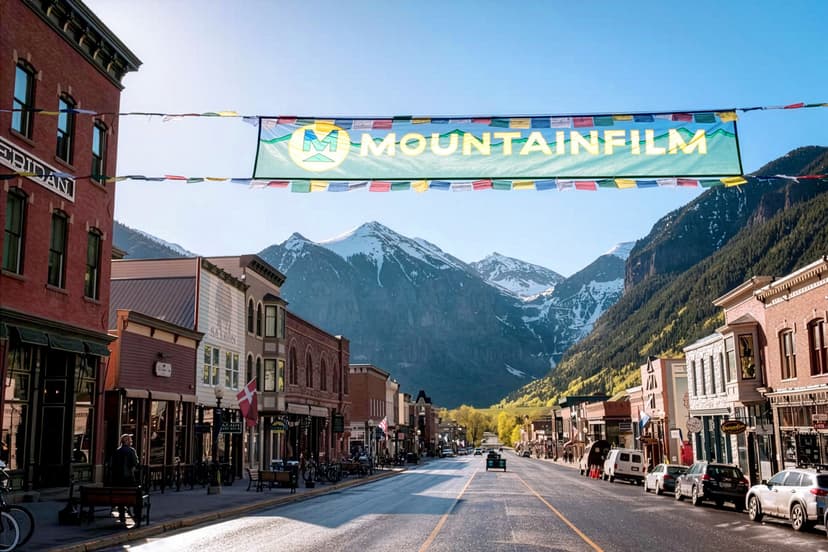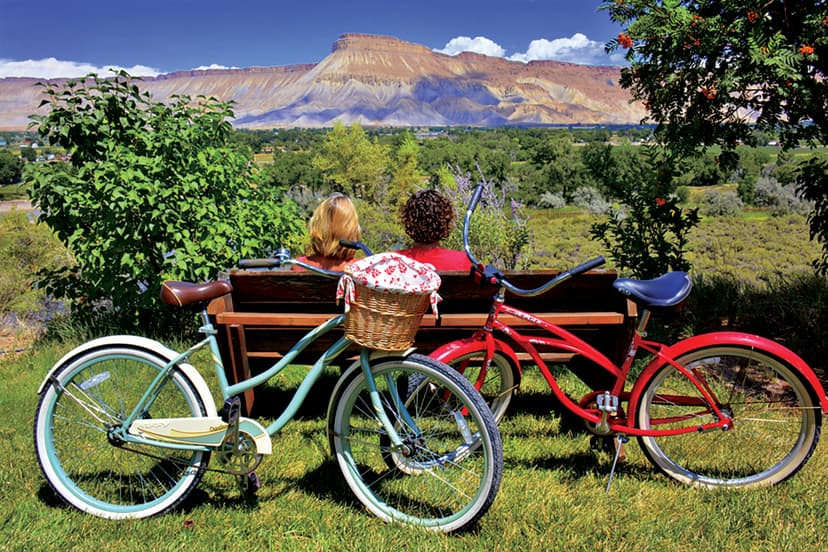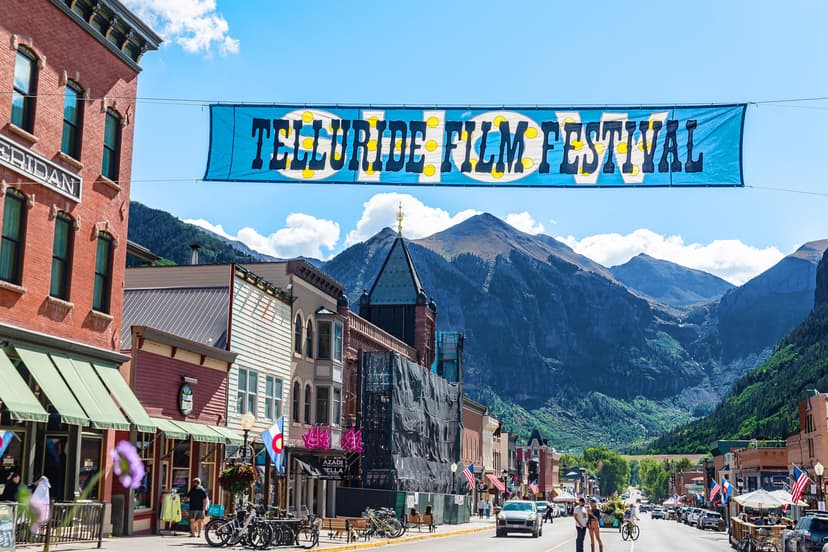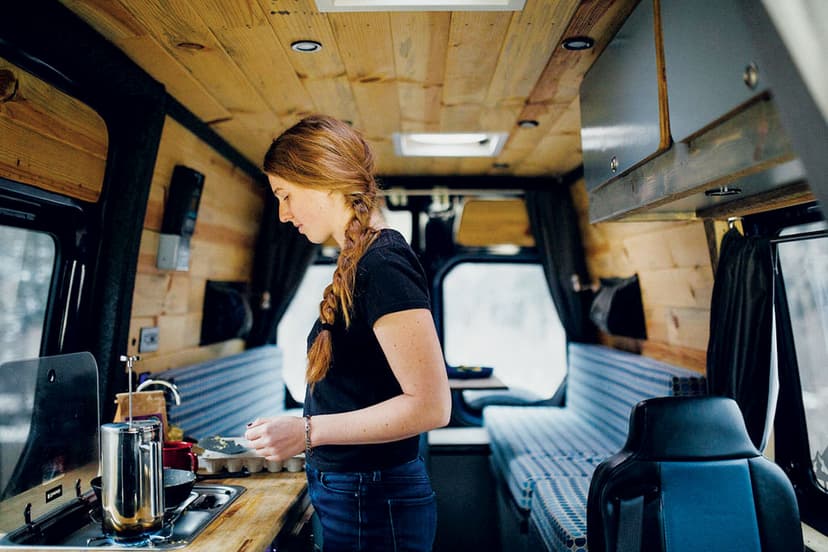Colorado’s summers are typically warm and dry, making an unstable environment for fires of any kind across much of the state. Many outdoor spaces in Colorado have been impacted by the careless use of fires and the demand for firewood, while fire rings can collect unsightly trash and ashes. To prevent further damage, we ask visitors to Do Colorado Right and embrace the Care for Colorado Leave No Trace Principle, Be Careful With Fire, by following local restrictions before enjoying a campfire, fireworks or other activities that use an open flame. And please use care when smoking anything (and we do mean anything) in Colorado’s dry climate. One of the biggest causes of fires are discarded smokables.
Stay up-to-date on fire restrictions across the state.
Building a Minimum-Impact Fire
If you don’t have a stove, or prefer the campfire experience, it’s important to know when the conditions are safe and only build a fire when allowed by local agencies and the risk of wildfire is low. Always ask about fire regulations from rangers and other land managers before you settle into your campsite.
High-risk conditions include dry and/or windy environments, as well as high-altitude areas above the tree-line, where wood from many mountainous trees and bushes, such as arctic willow or alpine krummholz, can be hundreds of years old but will burn quickly. These areas can be incredibly susceptible to wildfire and can take years to fully recover. For this reason, many areas prohibit campfires above treeline to protect this important part of Colorado’s ecosystem.
For building a fire at lower elevations where permitted, buy or gather firewood locally; it’ll save you space in your car, plus it prevents the introduction of any invasive species like the destructive pine beetle. Allow sufficient time to gather wood and prepare the fire site; opt for areas where dead and downed wood are plentiful, making the use of hatchets, axes, saws or snapping branches off of trees unnecessary. Use only small sticks from the ground that can be broken by hand — firewood smaller than your wrist breaks easily and burns completely to ash, making clean up easier. Larger pieces of downed wood should be left alone as they play an important role in the ecosystem by providing shelter for wildlife and a habitat for many plant species.
If your area is safe to build a fire, be sure to use an existing fire ring or grate, a fire pan or a fire blanket to prevent leaving lasting impacts on the area. When you are through, take the time to burn off all of the wood to cold ash and clean up your site.
Manage Your Campfire
No matter which fire-building technique you employ, the following guidelines will ensure that your fire is safe and leaves as little impact as possible:
- Never leave a fire unattended.
- Don’t try to burn trash, leftover food or other garbage that would have to be removed later.
- Keep the fire small. Small fires consume fewer resources and leave less impact, but they still provide the cozy social atmosphere desired by campfire devotees.
- Burn the wood completely to ash: Stop feeding the fire and give yourself an hour or more to add all the unburned stick ends.
- When you are through, saturate the ash with water, make sure it’s cool to the touch and remove any trash.
- Restore the appearance of the fire site for the next visitor to enjoy.
Learn more about how you can minimize campfire impacts.
Use a Stove
Restrictions and fire bans don’t have to dampen your appetite — if you enjoy cooking a warm campsite meal, a portable camp stove is a fast, easy and safe option for showing off your culinary chops. Just remember to bring the necessary cooking equipment, matches and enough fuel to cook all of your meals. Learn more about the benefits of using a camp stove to cook your meals.
© 2020 Leave No Trace Center for Outdoor Ethics
Leave No Trace Seven Principles © 1999 by the Leave No Trace Center for Outdoor Ethics: www.LNT.org
